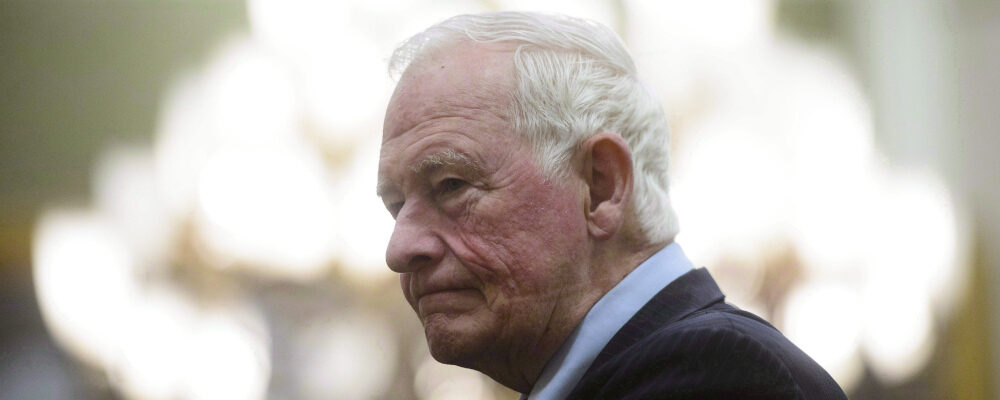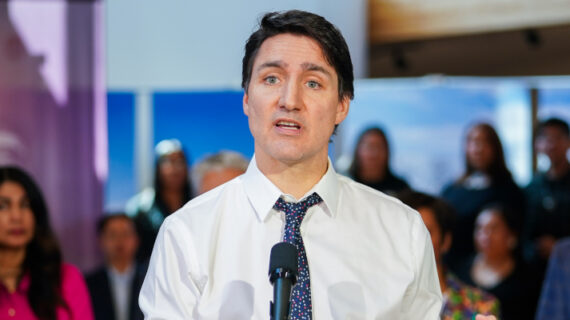The recent controversy about the role of Chinese interference in Canadian elections is not just a political crisis, but also a direct threat to the integrity of our elections. This should be of great concern to members of all political parties, regardless of the fact that the election outcome was likely not altered—this time. The CSIS whistleblower who leaked the story did so with the great risk of criminal prosecution. The leaker wrote an unsigned opinion piece in the Globe and Mail explaining that they took the personal risk because it was outweighed by the greater risk to Canada and the lack of action to both disclose and deal with Chinese interference. If it sounds a lot like Deep Throat, the whistleblower of the Watergate cover-up, it is with good reason.
It is worth remembering that the Watergate scandal and Richard Nixon’s resignation were more about lying to Congress about his complicity in the cover-up than the stealing of confidential documents.
All three major opposition parties have asked for a formal inquiry to understand the full nature of the threat and to be informed about what the government knew, when they knew it, and what they did about it. While opposition parties always want to show up the government for political reasons, even liberal columnists have favoured an inquiry to truly understand the scope of interference and its consequences.
It is yet to be proven that the government and the prime minister have lied about what they knew and when they knew it. It is troubling then, if they have nothing to hide, that Katie Telford, the prime minister’s chief of staff, was prevented from testifying to a parliamentary committee by an extended filibuster. She will now be allowed to appear only after the NDP indicated that they would vote for a Conservative motion compelling her to do so.
It is presumed that though she may stickhandle some questions, she has the integrity to tell the truth. The fact that the government was willing to take a good deal of public criticism on this issue and even risk an election raises the likelihood that there are much more painful truths that are being hidden.
The response of the Liberal government is to deny any wrongdoing or the need for an open inquiry. Instead, they appointed an eminent Canadian, a highly respected former governor general, David Johnson, as a “special rapporteur” who will investigate the allegations and make his recommendations for next steps that the government has promised to accept.
The fallout has been swift and political. David Johnston is highly qualified, intelligent, exceptionally ethical, and understands China and politics. Is he somewhat conflicted by his connections to the Pierre Trudeau Foundation and the government sponsorship of his Rideau Hall Foundation? Yes he is; however, if Justin Trudeau expects any benefit of the doubt because of this relationship or any perceived “friendship”, he will be sorely mistaken.
Politics and optics may yet prevent the appointment and if it doesn’t, the government would be well advised to have no restrictions on the scope of the investigation, or access to witnesses, whatever the political risk. It also has to guarantee that the full report from any rapporteur with all the recommendations is fully public, whatever the findings. Trudeau has given Johnson until May 23 to decide whether a formal public inquiry is necessary and until the end of October to otherwise provide his report.

The political mudslinging that accuses His Excellency David Johnston of being a biased Liberal tool comes from those who failed to attend any ethics lectures on Parliament Hill themselves. I suspect that David Johnston accepted the position because he was asked to help inform Canadians about an issue essential to national security and he thought he could equitably unravel what happened and what needs to be done.
A rapporteur’s role historically is to provide reports after reviewing facts and evidence. It is a role uncommon in politics. A dissembler is much more common in politics. It is someone who dissembles rather than tells the truth. It is a variation of straight-out lying in that you pretend to tell the truth while disguising your intentions behind a false appearance.
It remains to be seen whether a special rapporteur will find a politician who shades the truth, or a dissembler who hides the truth and will pay the price.




